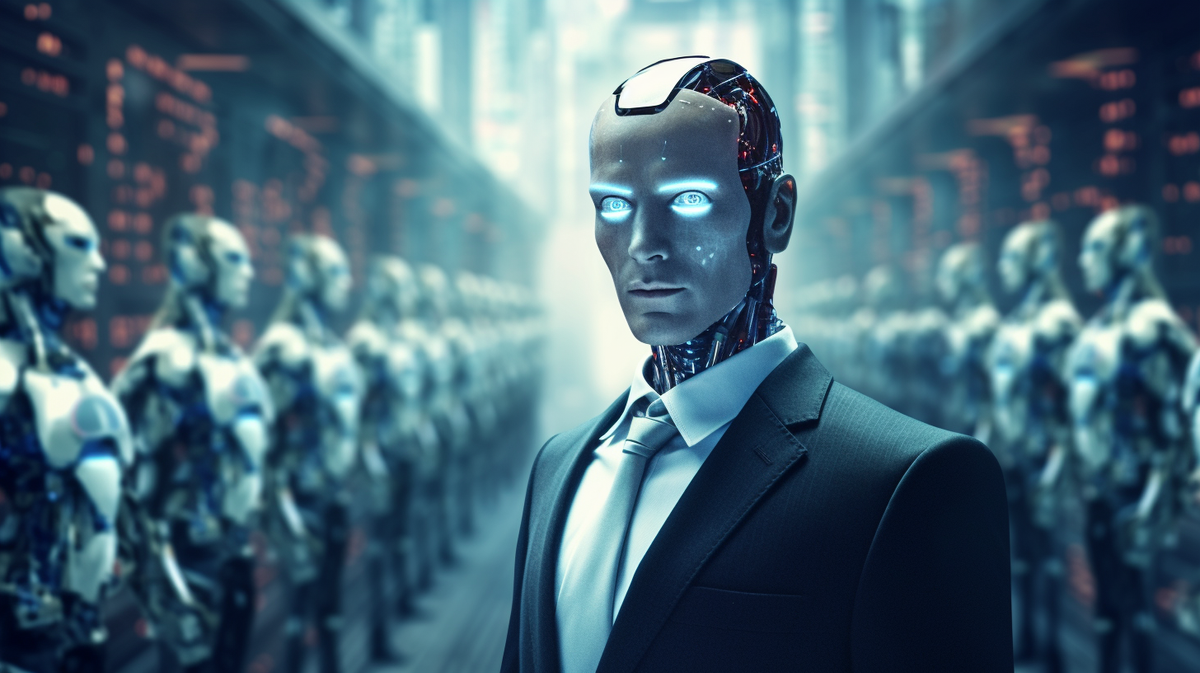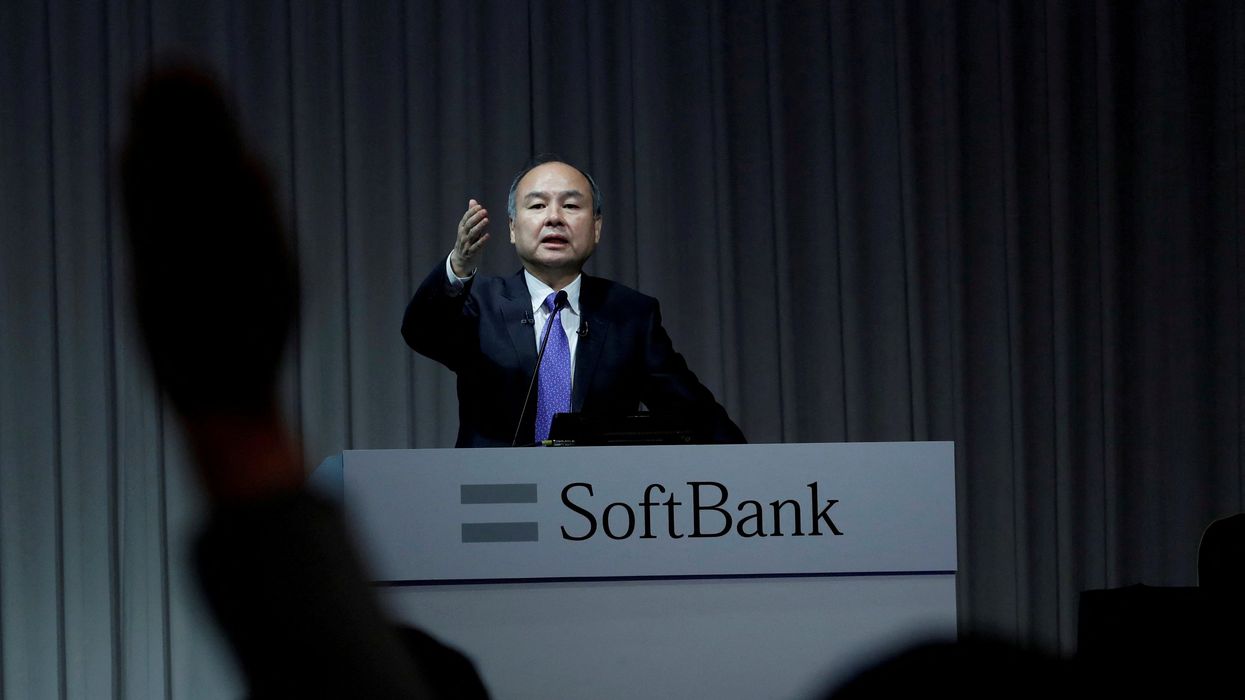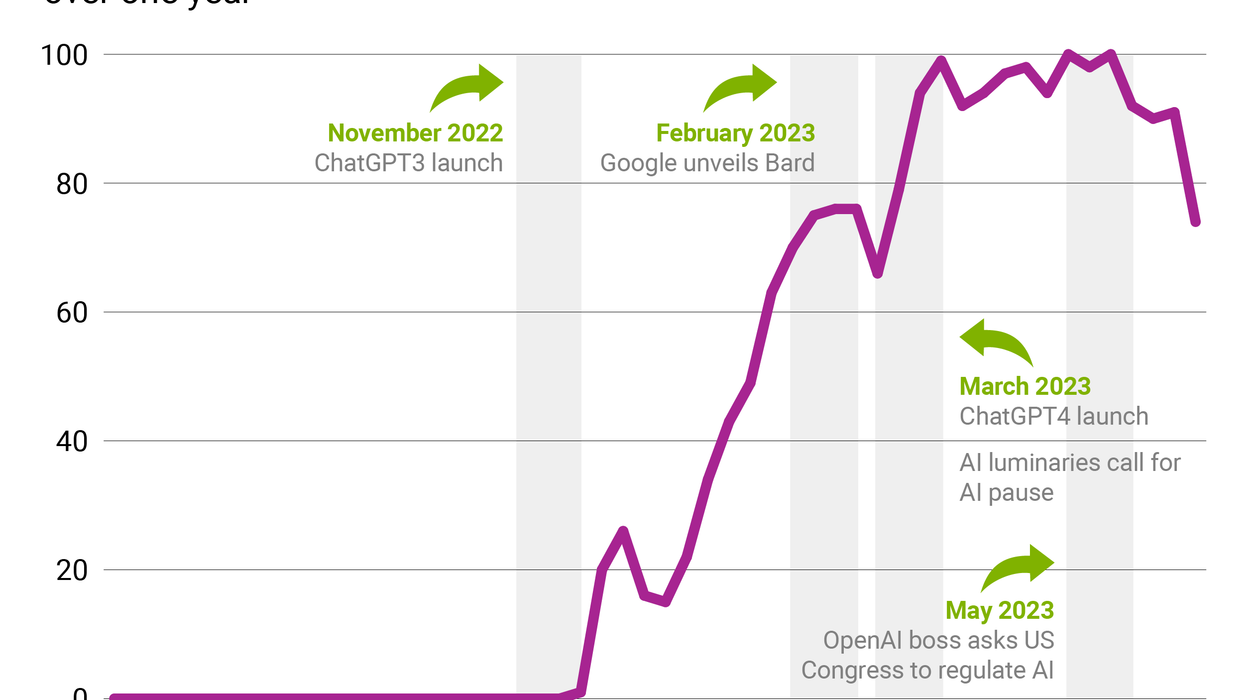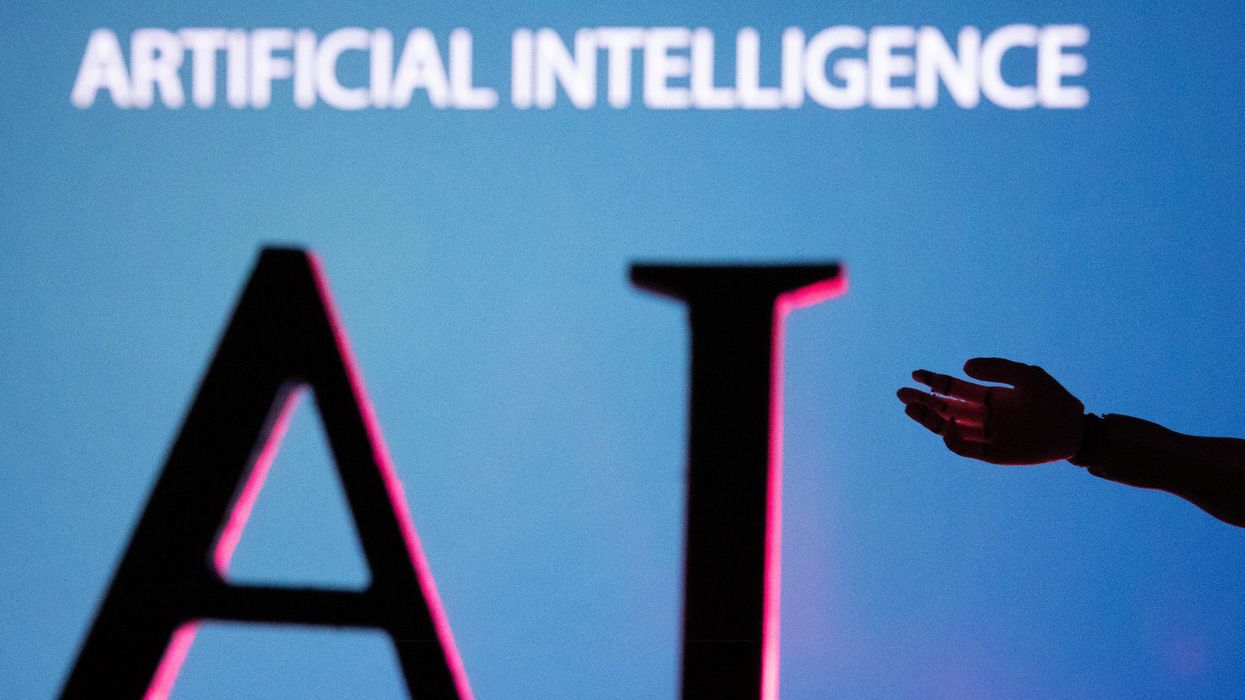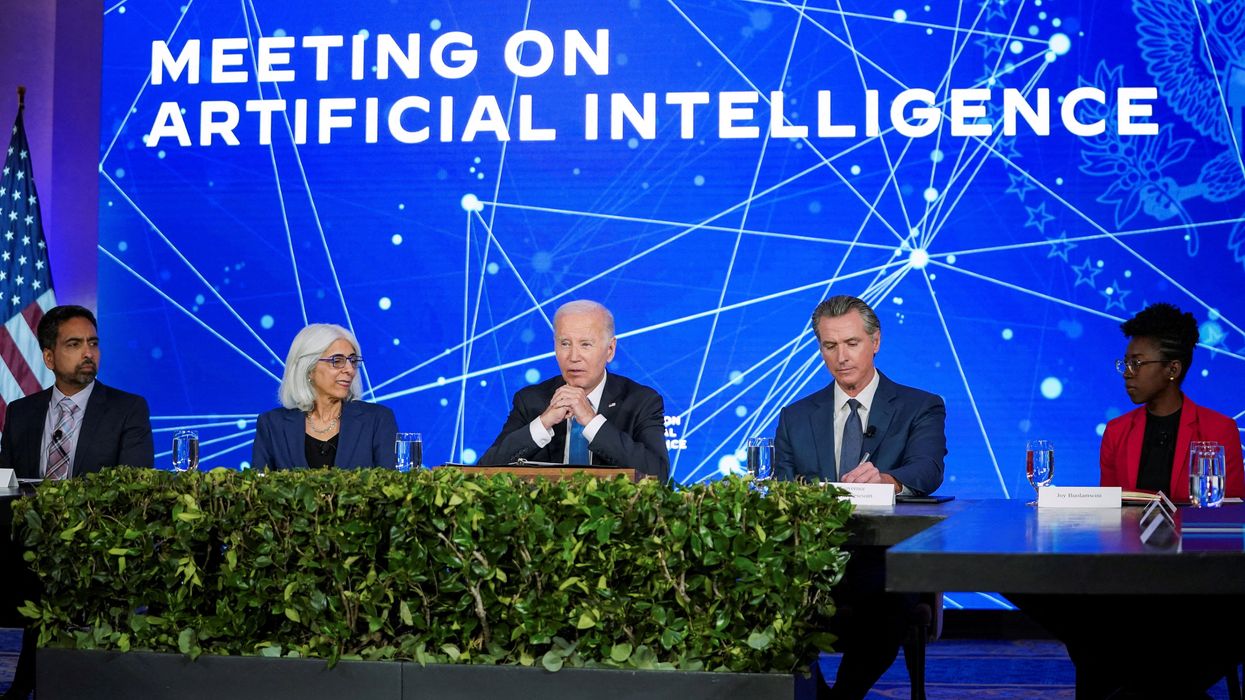Whether artificial intelligence will ultimately be good or bad for humanity is an open debate. But there’s another, more immediate issue that often gets lost in the scrum: Even if AI eventually creates more jobs and opportunities than it destroys, what happens to the actual people who lose their jobs on the way to that happier future? And how might their grievances shape politics in the meantime?
Think of the people who once earned a living by building or driving horse-drawn carriages. In a matter of years at the beginning of the last century, railroads and the nascent automotive industry erased their livelihoods entirely. Yes, those sectors ended up creating vastly more jobs than they killed, but it was tough luck for those in the buggy industry who weren’t able to learn new skills or move to those new jobs in time.
The same goes for US manufacturing workers whose jobs were shipped off to China or Mexico in the 1980s and 1990s. Or today’s Bangladeshi garment workers, who are threatened by US robots that can now make textiles better and faster than humans can. Although globalization and offshoring increased most people’s standards of living globally, that’s cold comfort for the people who were left jobless as a result.
And so it is today with AI. Between now and the time when AI is fully and beneficially integrated into all aspects of many existing (and new) jobs, a lot of people are going to lose their work, and will quickly find themselves in a sink-or-swim situation that forces them to learn new skills, fast. Can they?
We don’t know who those people are just yet. White-collar workers like coders, paralegals, financial analysts and traders, or (gulp!) journalists and creatives? Call center workers in emerging markets like the Philippines, where the industry accounts for as much as 7% of GDP?
But they will have real grievances and powerful platforms that can disrupt politics quickly. Whoever gets edged out by AI, the backlash will be fierce — and political. Social media offers a megaphone that buggy drivers in the 1880s or steel workers a century later could scarcely have dreamed of.
What’s more, AI threatens folks who are already in positions of relative power in many wealthy nations. Imagine an “Occupy Wall Street” style movement against AI led by, well, Wall Street itself.
The political ramifications will be significant. Consider the ways in which Donald Trump’s historic 2016 campaign weaponized the resentment of people who felt left behind by outsourcing and automation.
Displacement by AI will create similar grievances that policymakers will either have to head off through accelerated job retraining or redress through expanded social safety nets for those left behind. Who will AI’s victims vote for in the future?
